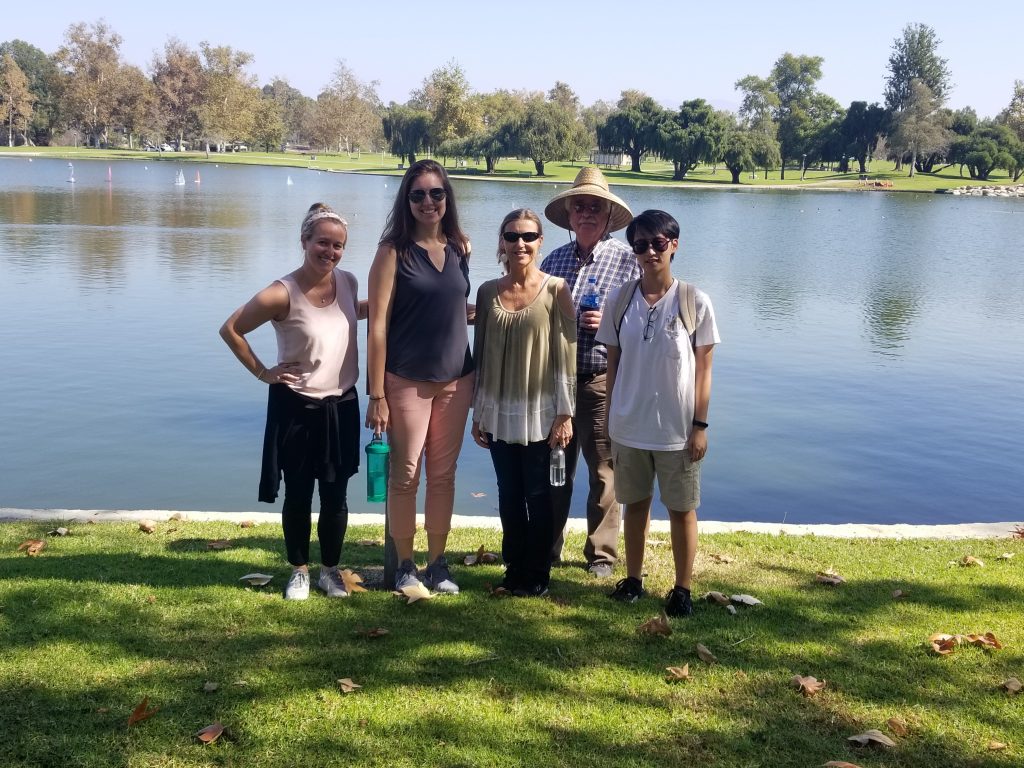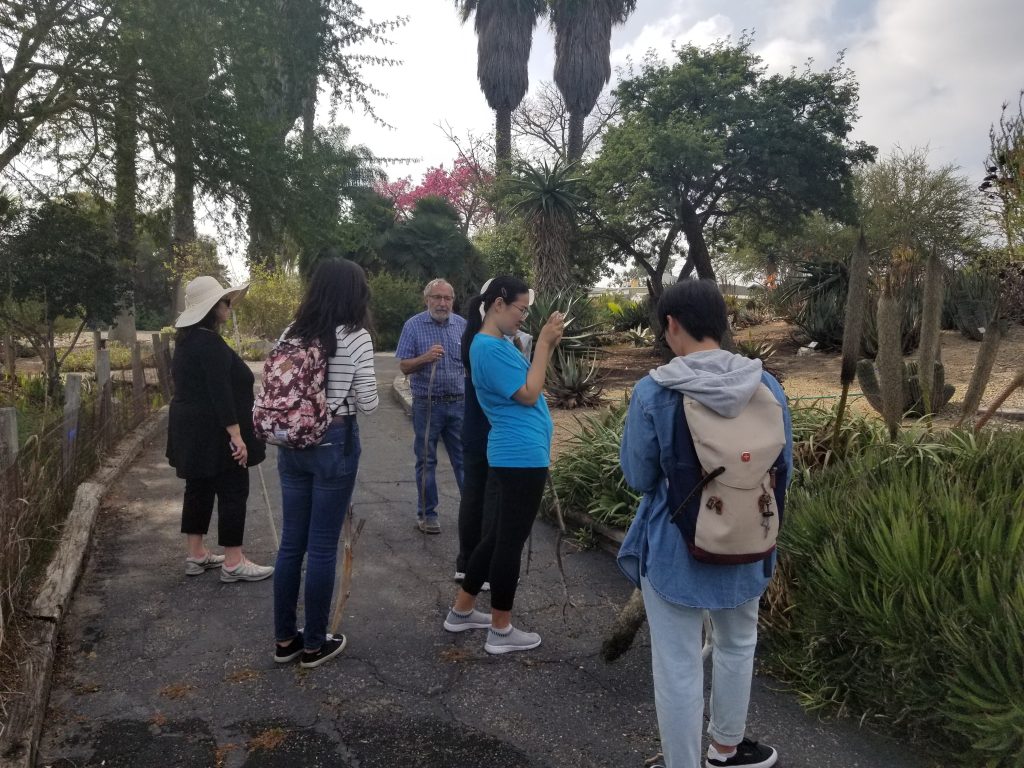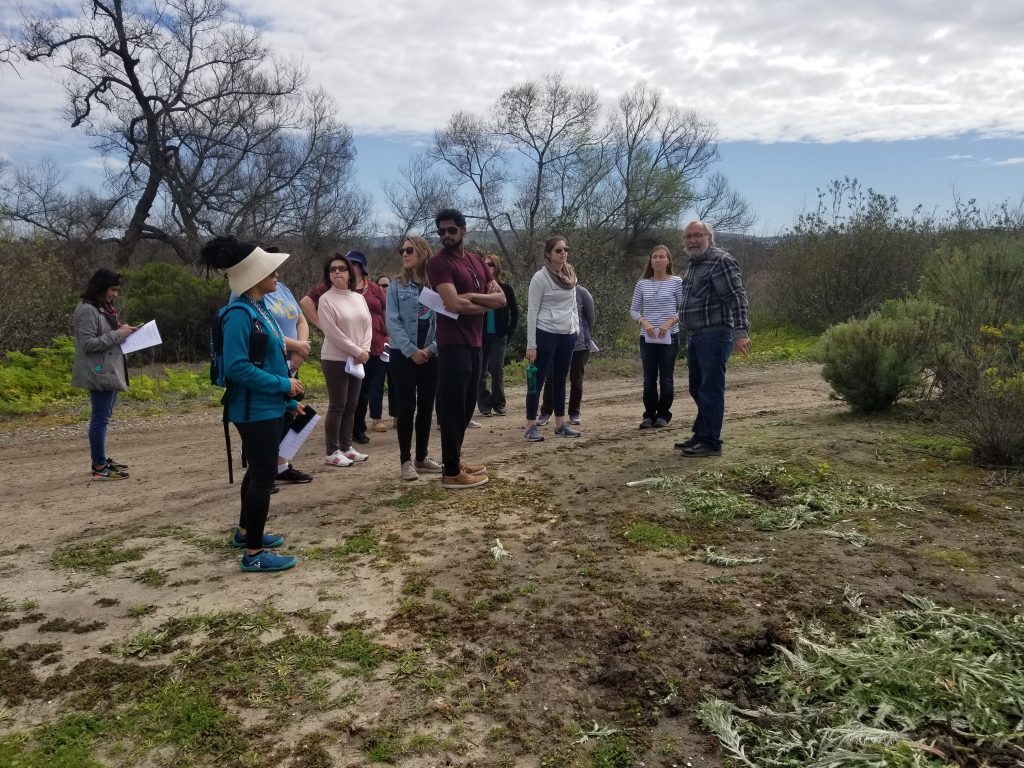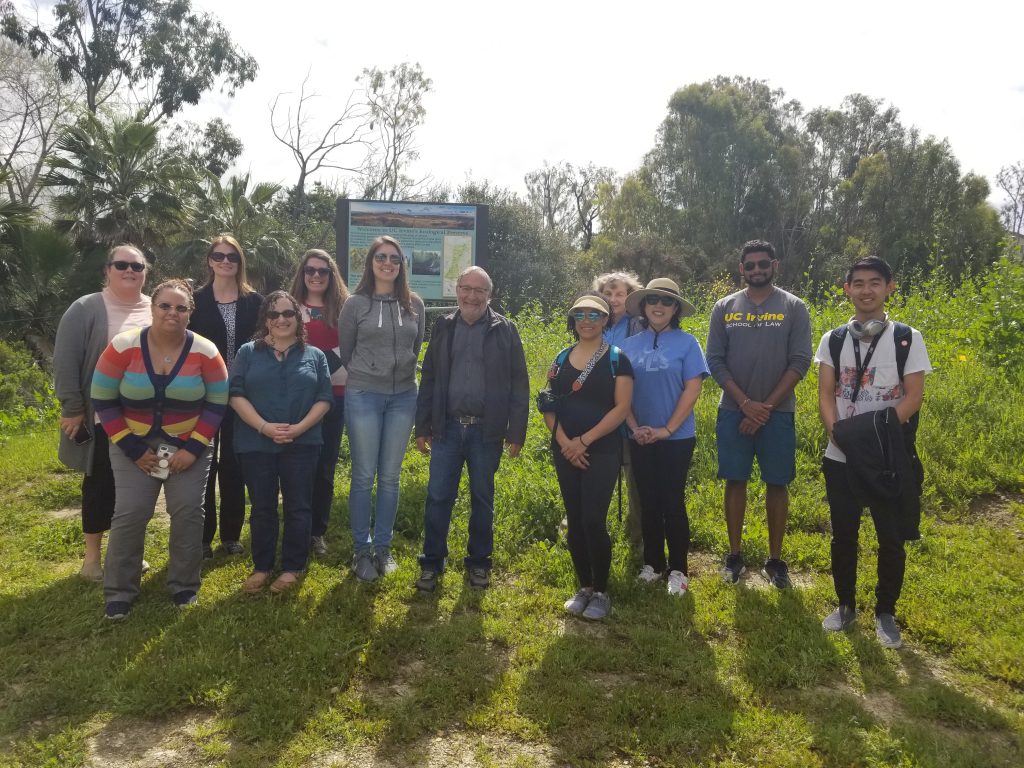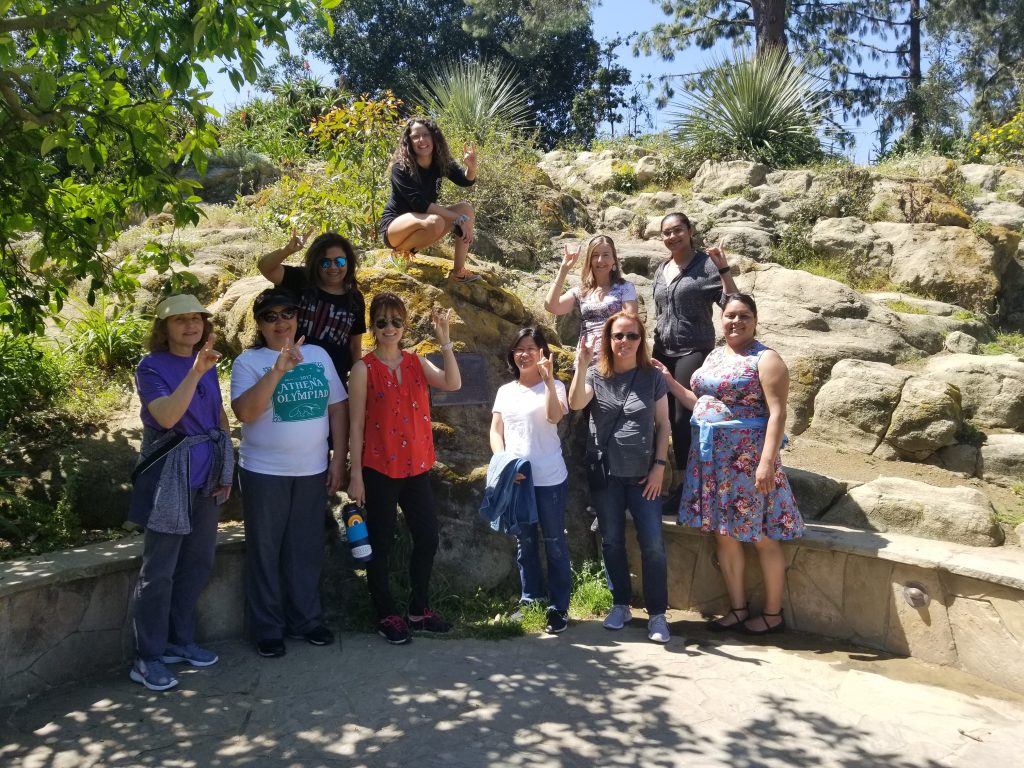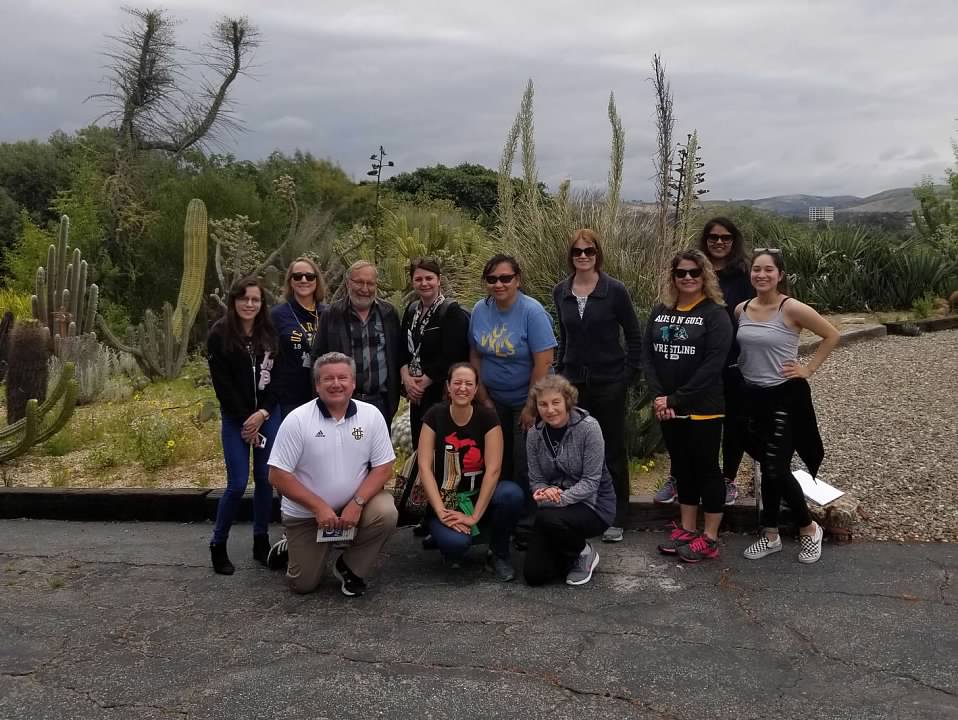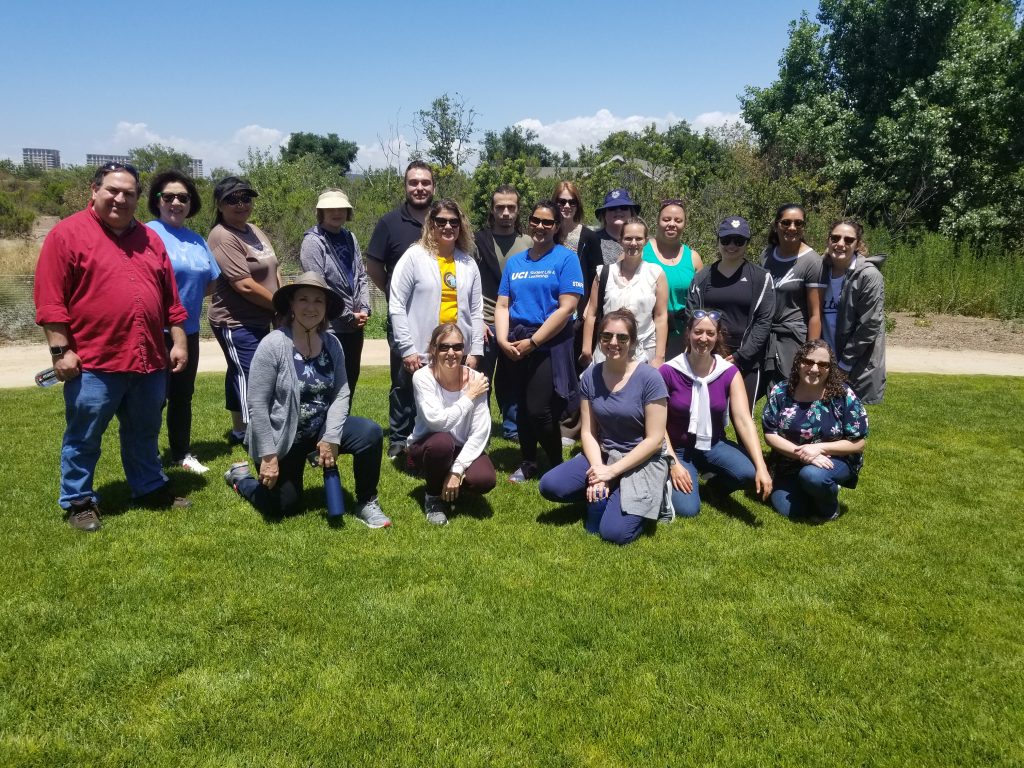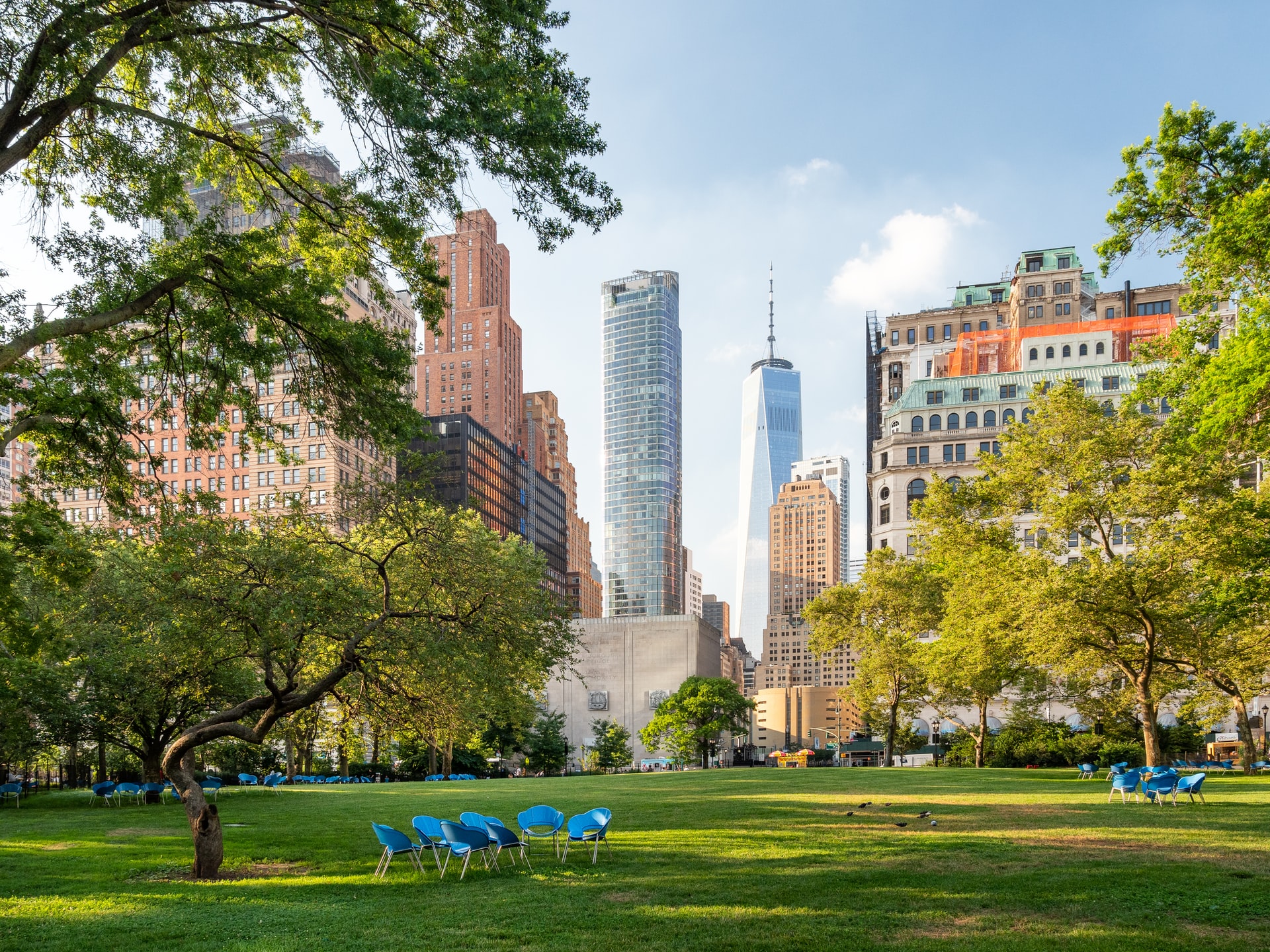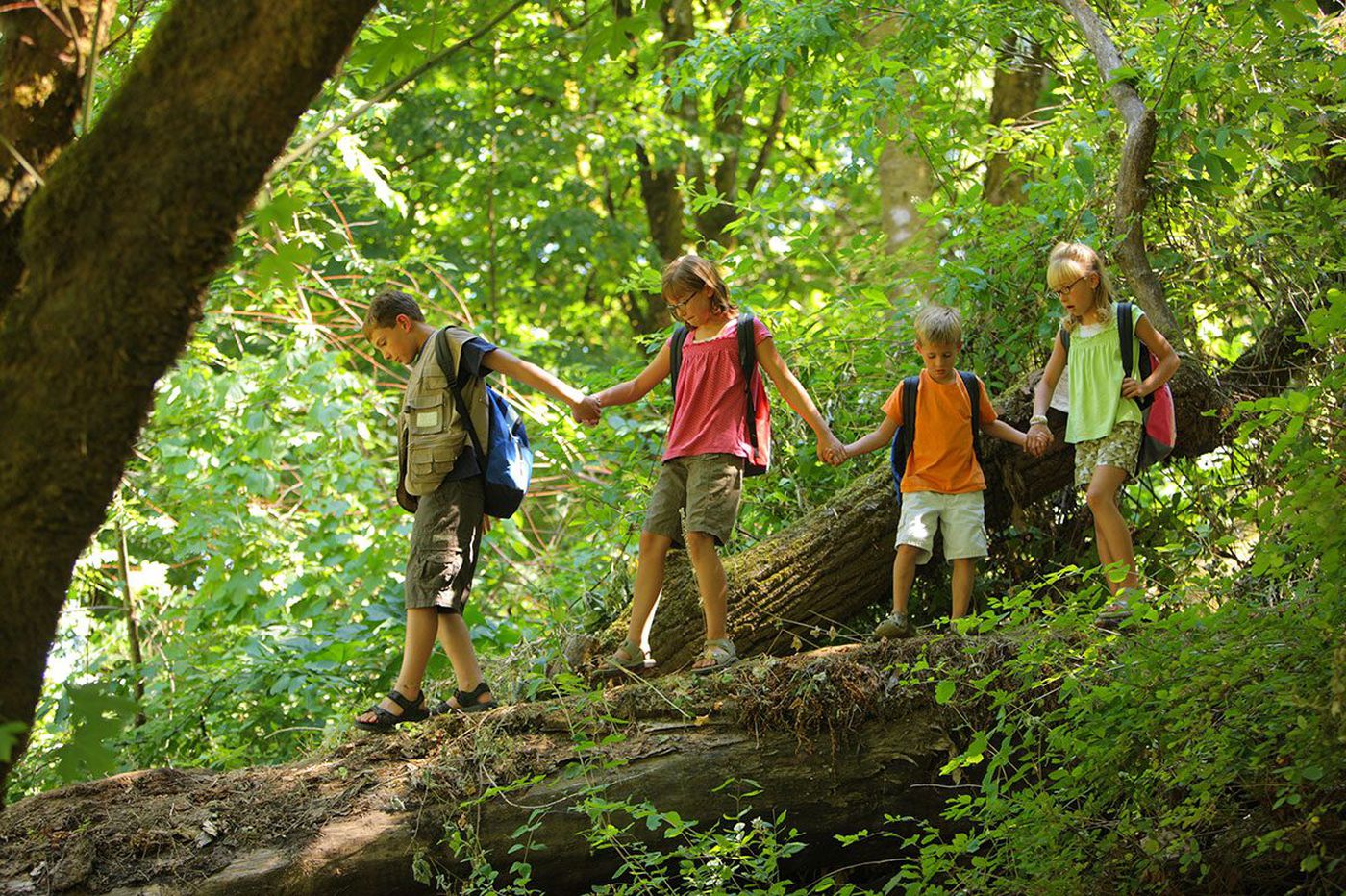Wednesday Wellness Walks
Fall Quarter 2025 Schedule
Our Wednesday Wellness Walk program is currently being revamped. Please enjoy our walks this quarter and look for news about this program in the future.
- October 15 (Week 3): Mason Park
- November 19 (Week 8): UCI Ecological Preserve
*All walks meet in front of Zot N’ Go at 11:30AM
Please join us and enjoy the beauty of our campus and our local environment!
Meet CSWHP and Campus Recreation staff outside of Zot N’ Go at 11:30AM and we will begin our stroll which will incorporate mindfulness, meditation and ecological education.
Enjoy the company of and meet new students, staff and faculty. Go at your own pace and feel free to leave if needed. Please wear appropriate outdoor attire, including closed toe shoes.
If there are any questions, please contact Toni Martinez at antoniam@uci.edu.
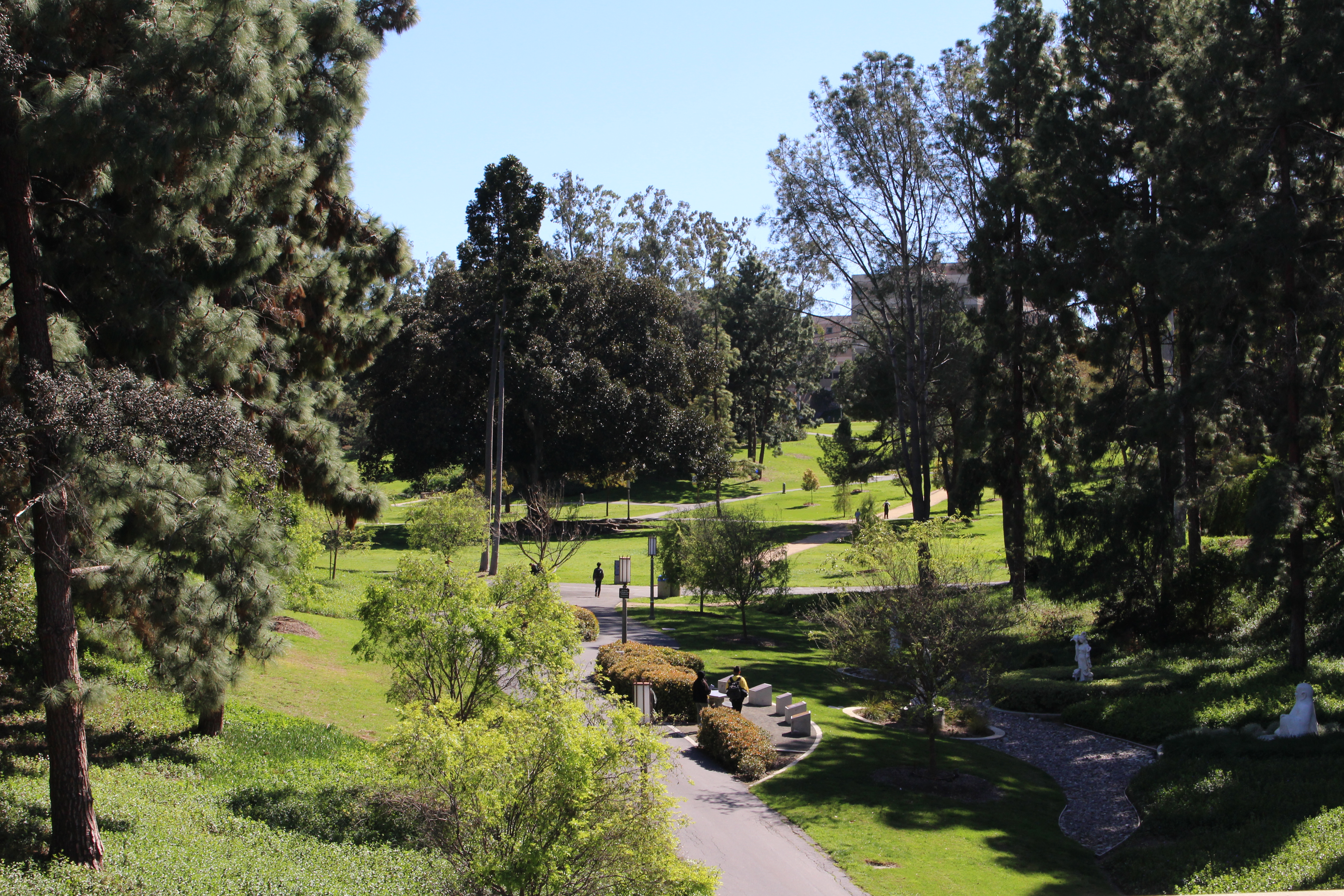
Aldrich Park
The vision of the first Chancellor at UCI, Dan Aldrich, was to build the campus in a circle in order to protect and preserve the “centerpiece” of the campus… a beautiful park. It has been a place for the campus to gather and enjoy its beauty. Commencement and other large-scale events happen there as well. Over time, foot traffic to navigate the campus dictated walking paths. These paths are either asphalt or dirt/gravel, and include various levels of incline, but are fully accessible.
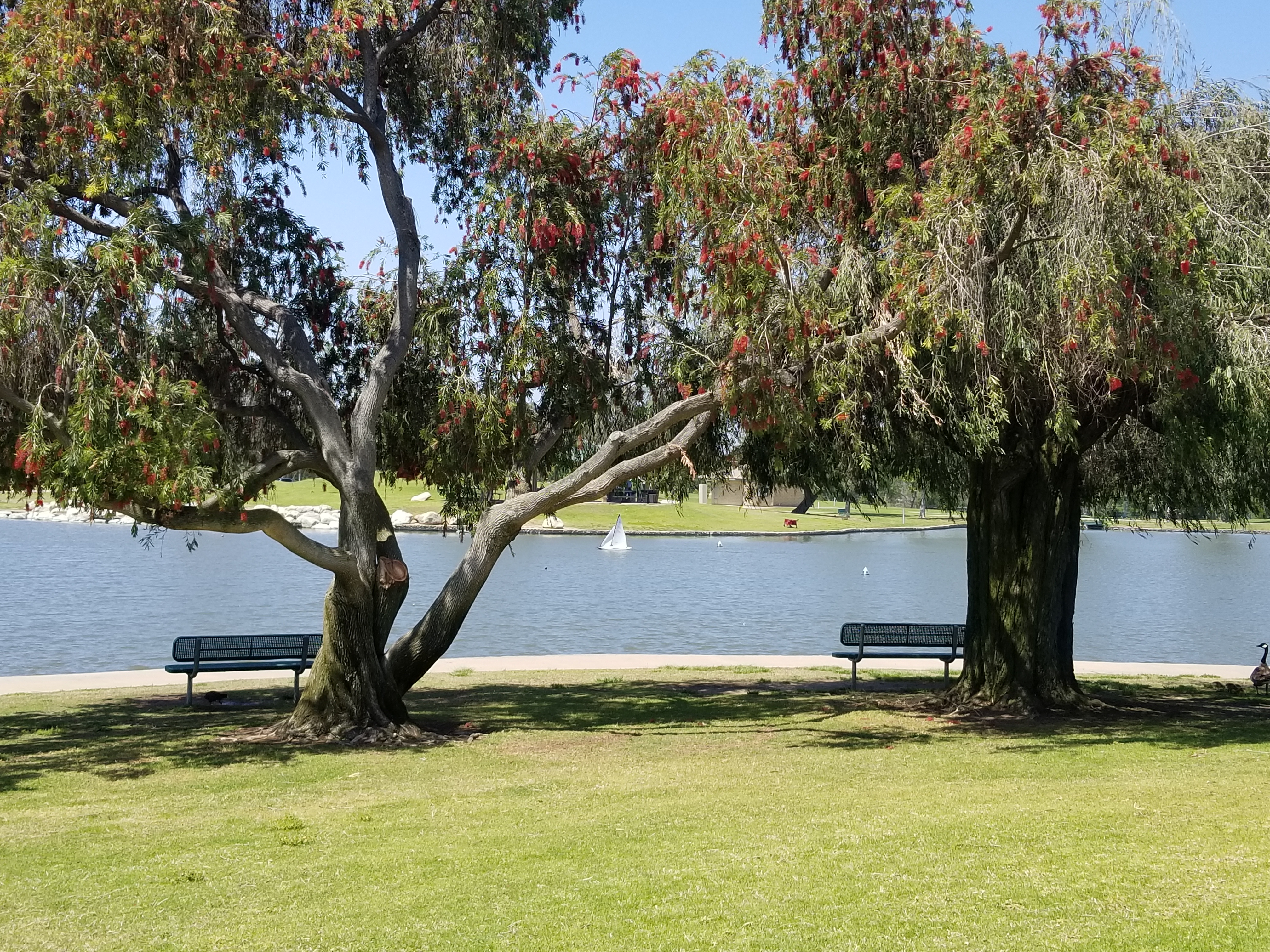
Mason Park
Mason Park, just off campus at the corner of University and Harvard, is a public city park that includes beautiful walking paths (both concrete and dirt/gravel), a lake, picnic areas, playgrounds and more. Ducks, geese, turtles and other animals can be observed in this beautiful park. It is fairly flat and fully accessible.
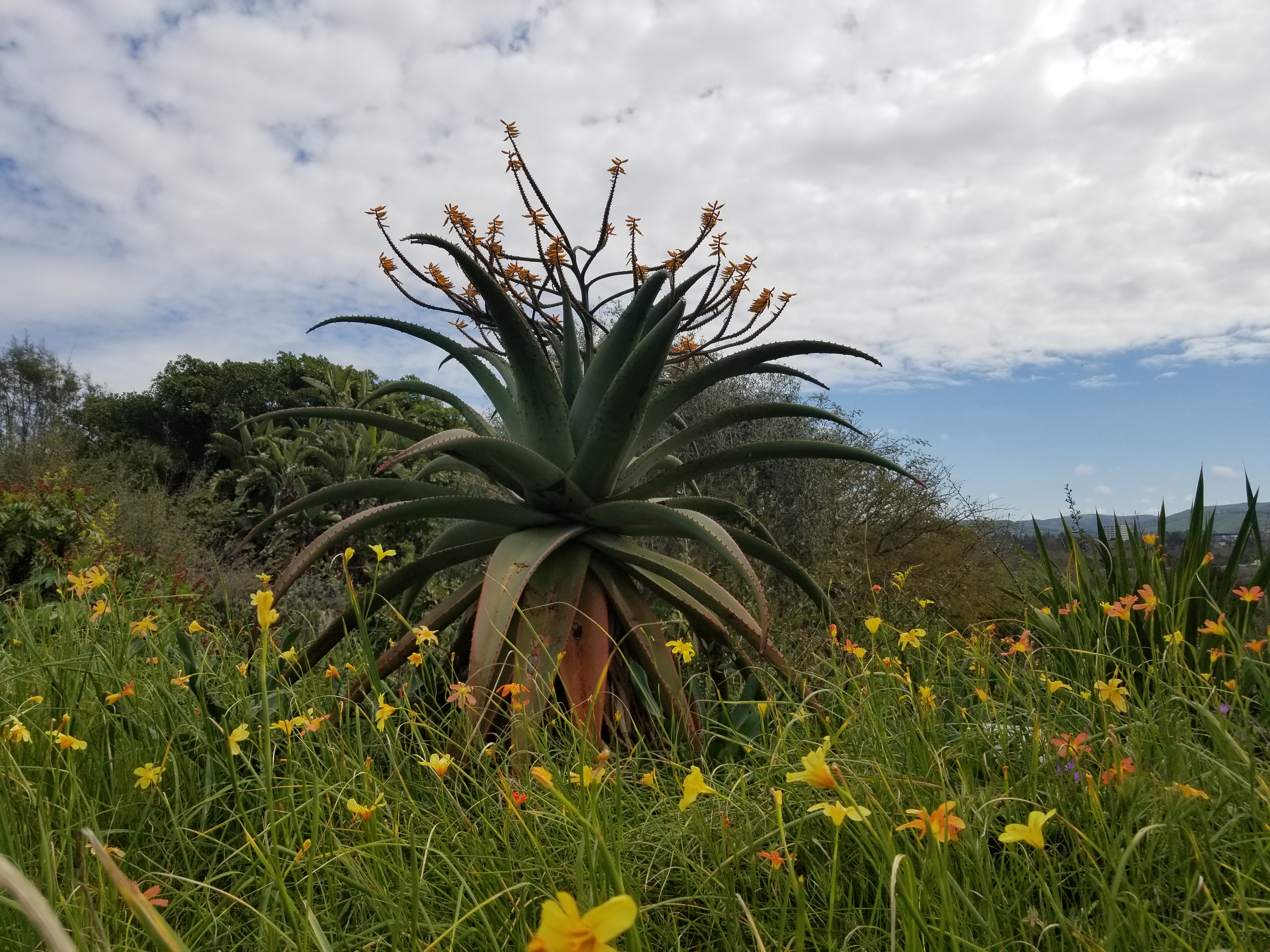
UCI Arboretum & Marsh
The UCI Arboretum & Marsh is home to many species of indigenous plants and wildlife. Dr. Peter Bowler, Director of the Arboretum and professor of Ecological and Evolutionary Biology, guides us and provides an educational history of this beautiful space. The walking paths are dirt and uneven in some spaces, but mostly flat and mostly accessible.
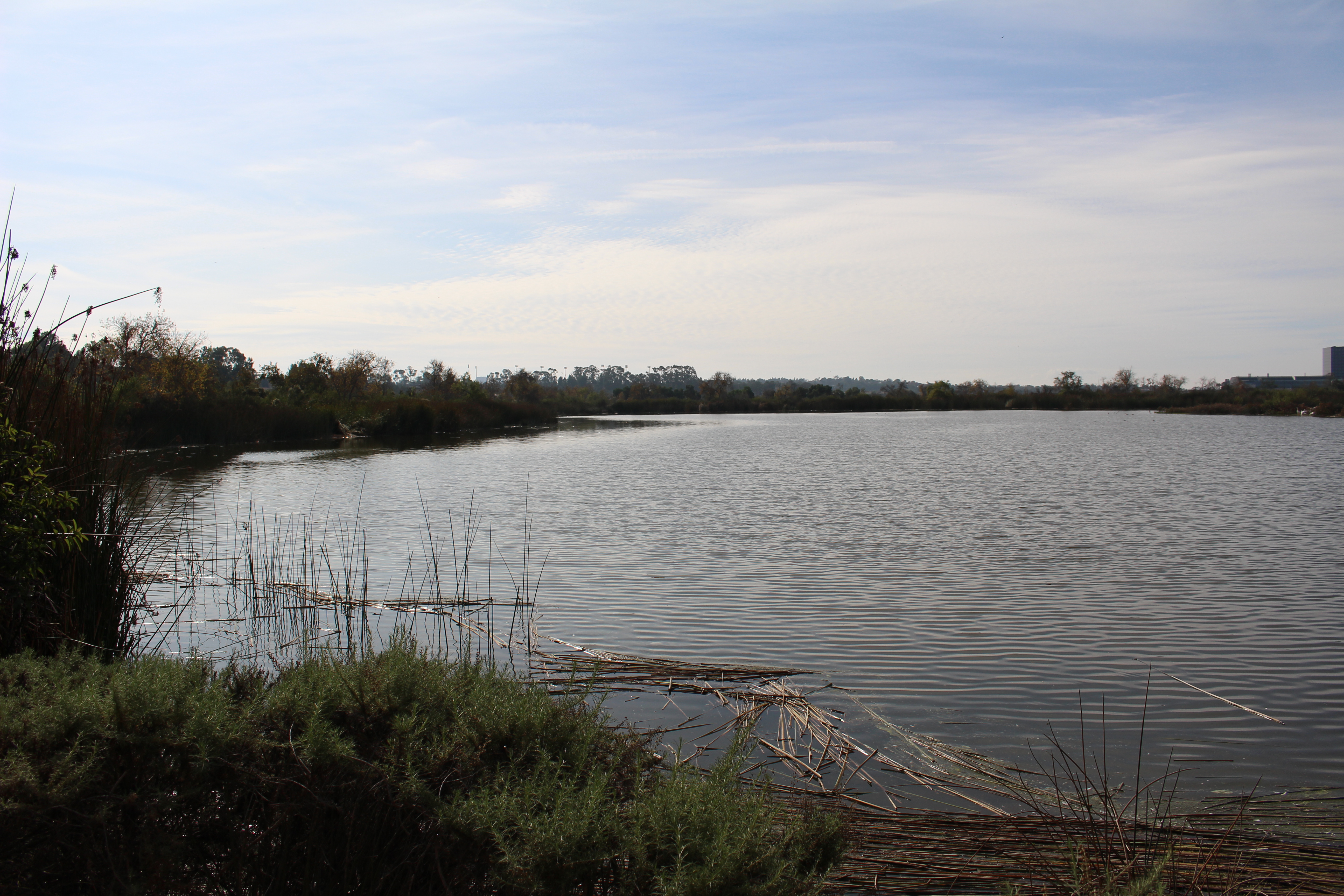
SEA & SAGE AUDUBON / SAN JAOQUIN WILDLIFE SANCTUARY
Adjacent to the campus at the corner of University and Campus Drives, the Sea & Sage Audubon and San Jaoquin Wildlife Sanctuary provide a beautiful and serene getaway. This area is home to multiple ponds, indigenous plant life, and many species of birds and other creatures. Walking paths are dirt/gravel and well-kept, as well as mostly even and flat, making this location fully accessible.
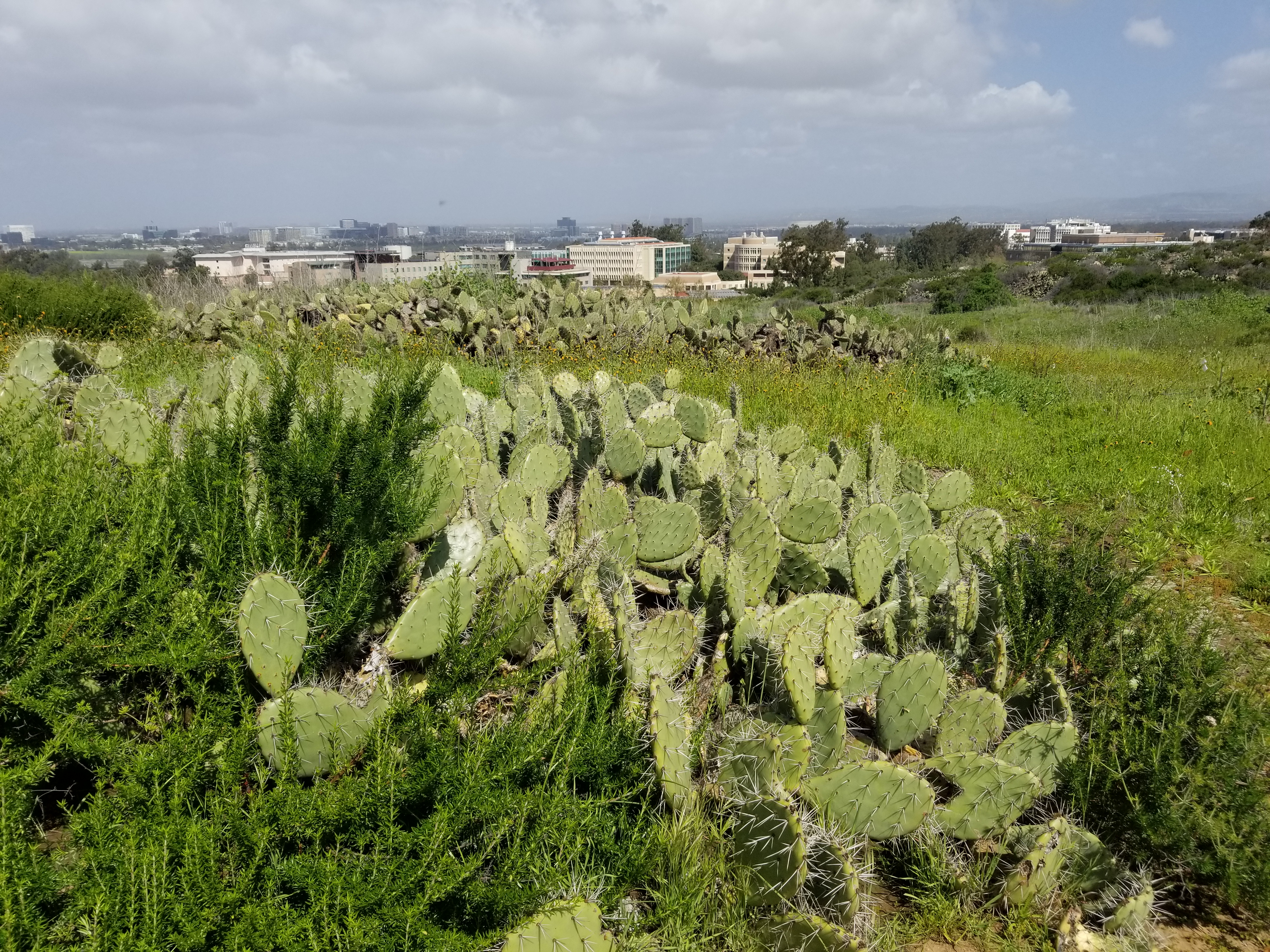
UCI ECOLOGICAL PRESERVE
For one of the best views of the UCI campus and beyond, the UCI Ecological Preserve is home to numerous indigenous plant species and wildlife. A steep trail takes you to the top of a hill adjacent to the University Hills housing community, where a stunning view of the campus and surrounding areas can be enjoyed. The trail for this location is steep and uneven, so this is one walk location that isn’t accessible for wheelchairs or others with some physical disabilities.
Wednesday Wellness Walks Photos
Click on the photo to view the album
Research Supporting the Benefits of Walking & Being in Nature
Berkeley's Greater Good Magazine
Four Ways Nature Can Protect Your Well-Being During a Pandemic
Living through the COVID-19 pandemic has had a severe impact on people’s mental health and well-being. Restricted movement, loss, and isolation have led to increases in depression, anxiety disorders, stress, sleep disorders, and more. The effects have been even harsher for teens.
How can we help protect our well-being during this particularly difficult time? Though a public health response is definitely called for, one way we might try to help ourselves this year is spending more time immersed in nature. In the last decade or so, research on the health benefits of nature experiences has exploded, confirming what many people know intuitively—that green spaces are good for mental well-being, whether you’re walking outdoors, looking at beautiful views, or even just seeing videos of nature.
Berkeley's Greater Good Magazine
Noticing Nature in the City
The Science of Happiness Podcast (Episode 93): Our guest this week has been exploring the idea of the sacred in his personal life and his professional life for almost all of his life. Casper ter Kuile is the author of The Power of Ritual and co-host of The Real Question, a podcast exploring life’s big questions through pop culture and academia. Casper joins us today after trying out a practice in which he found the sacred in one of our deepest sources and one of the oldest sources of the sacred, which is nature. Read more…INT. JOURNAL OF ENV. RESEARCH & PUBLIC HEALTH
Low Childhood Nature Exposure is Associated with Worse Mental Health in Adulthood
The global burden of mental illnesses has increased over the years [1,2]. Mental health can be negatively influenced by urban built environments, including among other characteristics, exposure to noise, crowds and lack of green spaces [3,4,5,6]. Previous studies found that green spaces positively influence physical and mental health as well as general well-being in adults [7,8,9,10,11,12,13]. Living close to natural outdoor environments (NOE) and attractiveness of nearby NOE are both associated with increased recreational activity and time spent in nature [14,15,16,17,18]. The health benefits of nature have been attributed to reduction in air pollution; increased physical activity, including walking and biking; improved mental restoration through alleviation of anxiety and stress; and the beneficial effects of social interaction by reducing social loneliness and generation of social capital [19,20,21,22]. Read more…New York Times
How Much Nature Is Enough? 120 Minutes a Week, Doctors Say
It’s a medical fact: Spending time outdoors, especially in green spaces, is good for you.
A wealth of research indicates that escaping to a neighborhood park, hiking through the woods, or spending a weekend by the lake can lower a person’s stress levels, decrease blood pressure and reduce the risk asthma, allergies, diabetes and cardiovascular disease, while boosting mental health and increasing life expectancy. Doctors around the world have begun prescribing time in nature as a way of improving their patients’ health.
One question has remained: How long, or how frequently, should you experience the great outdoors in order to reap its great benefits? Is there a recommended dose? Just how much nature is enough?
Read more…Berkeley's Greater Good Magazine
Five Ways Hiking Is Good for You
The experience of hiking is unique, research suggests, conveying benefits beyond what you receive from typical exercise. Not only does it oxygenate your heart, it helps keep your mind sharper, your body calmer, your creativity more alive, and your relationships happier. And, if you’re like me and happen to live in a place where nearby woods allow for hiking among trees, all the better: Evidence suggests that being around trees may provide extra benefits, perhaps because of certain organic compounds that trees exude that boost our mood and our overall psychological well-being. Read more…PBS
Why doctors are increasingly prescribing nature
As rates of chronic disease among children have skyrocketed over the past few decades, pediatricians have increasingly looked for solutions beyond the clinic. Sometimes that means actually prescribing time outside. Special correspondent Cat Wise reports from Oakland on the medical evidence that indicates escaping modern urban life, even temporarily, can yield health dividends. Read more…

